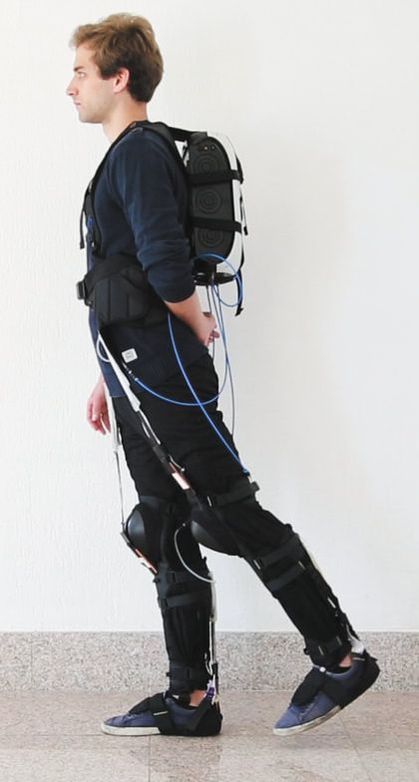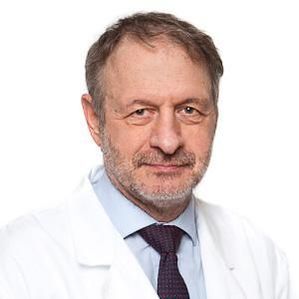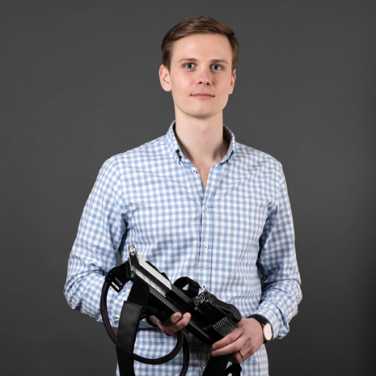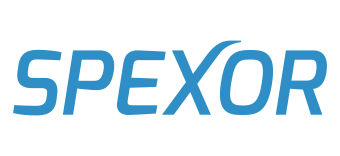Exoskeletons and Soft Wearable Robotics Day
|
We, the XoSoft consortium, are excited to announce that we’ll be hosting a Exoskeletons and Soft Wearable Robotics Day. The event will feature live demonstration of multiple exoskeletons and prototypes in action, key note talks held by experts in the field of wearable robotics and a Swiss start-up, and pitches from five EU funded wearable robotics projects. The Exoskeletons and Soft Wearable Robotics Day is an excellent opportunity to build future collaboration and business partnerships. Stakeholders from industry and academia will be present and eager to discuss potential opportunities.
|
|
|
Key note speakers:
|
|
Projects:
|
|
Workshop contributors:
|
|
|
This project has received funding from the
European Union's Horizon 2020 framework programme for research and innovation under grant agreement No 688175. |
© accelopment Schweiz AG 2019. ALL RIGHTS RESERVED
|










